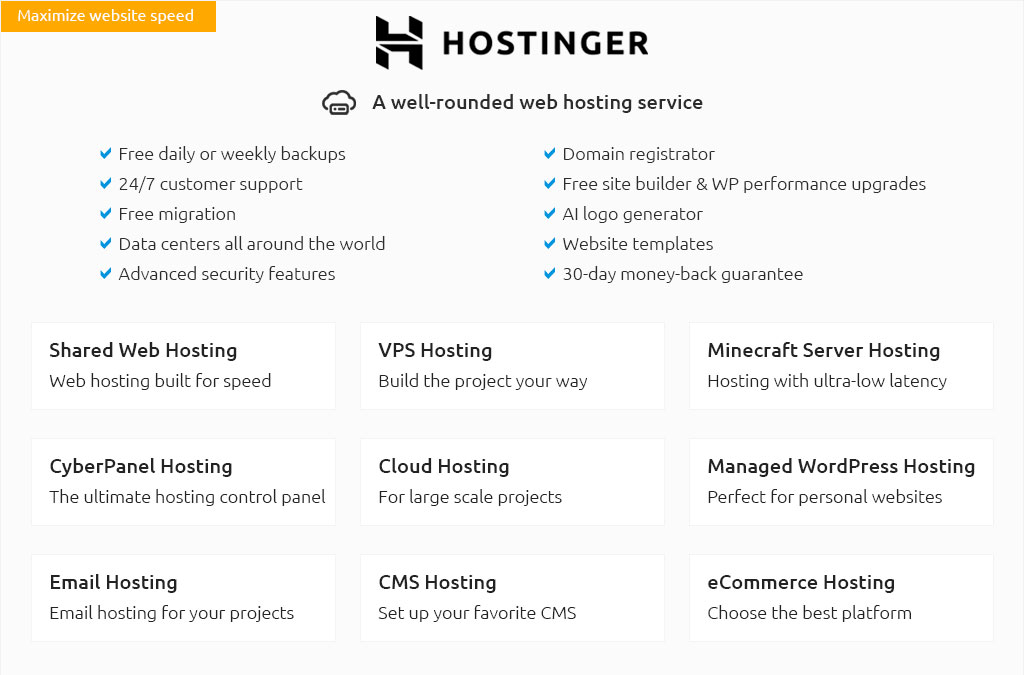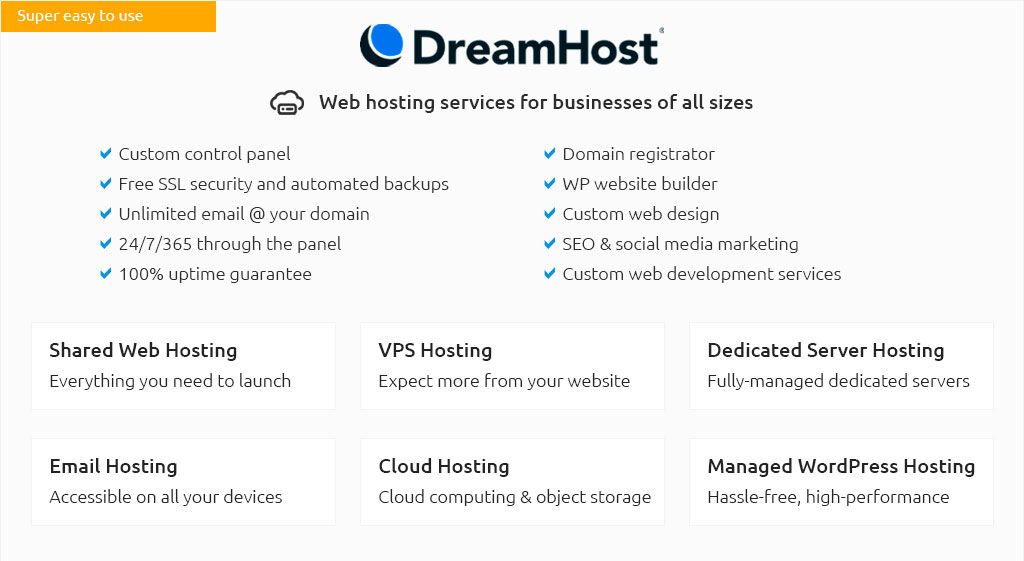 |
|||
 |
 |
 |
|
 |
|
 |
 |
 |
|||
 |
|||
 |
|||
 |
|||
 |
 |
Exploring the Nuances of Custom Dedicated Server HostingIn the rapidly evolving world of technology, the demand for reliable, high-performance hosting solutions has never been more critical. Custom dedicated server hosting stands at the forefront of this demand, offering unparalleled control, security, and performance for businesses of all sizes. Yet, despite its numerous advantages, there are several common mistakes that organizations often make when venturing into this complex landscape. Understanding these pitfalls can be the key to unlocking the full potential of your dedicated server. First and foremost, one must appreciate the distinction between shared and dedicated hosting. With shared hosting, resources are distributed among multiple users, which can lead to bottlenecks and reduced performance. In contrast, dedicated servers allocate resources exclusively to a single client, thereby ensuring optimal performance and reliability. However, this benefit comes with its own set of challenges, particularly in terms of cost and management. A common oversight is underestimating the cost associated with custom dedicated server hosting. While the upfront investment might appear daunting, it's crucial to evaluate the long-term benefits, such as enhanced security, scalability, and the ability to tailor the server environment to specific business needs. Nevertheless, organizations often fail to budget for additional expenses such as software licenses, maintenance, and potential upgrades, leading to unexpected financial strains. Equally important is the lack of expertise in managing a dedicated server. Unlike shared hosting, where the service provider manages most technical aspects, custom dedicated servers require a certain level of technical proficiency. Without skilled personnel to handle server configuration, updates, and troubleshooting, businesses may find themselves facing downtime or security vulnerabilities. Investing in IT staff training or hiring experienced professionals can mitigate these risks significantly. Security is another area where mistakes are frequently made. While dedicated servers inherently offer superior security compared to shared solutions, this does not imply they are immune to threats. Neglecting regular security audits, failing to update software promptly, and not implementing robust firewalls and intrusion detection systems can leave your server exposed to cyberattacks. A proactive approach to security, including regular updates and employing advanced protection measures, is indispensable. Moreover, scalability can often be a double-edged sword. Businesses frequently underestimate their future growth needs, resulting in a server setup that quickly becomes obsolete. Conversely, overestimating growth can lead to unnecessary expenditure on resources that remain underutilized. Conducting a thorough needs assessment and collaborating with a knowledgeable hosting provider can help strike the right balance, ensuring that the server infrastructure can adapt to changing demands without incurring excessive costs. Lastly, the selection of a hosting provider should never be made lightly. With a plethora of options available, it's imperative to consider factors such as reputation, customer support, and the range of services offered. A provider that offers 24/7 support, robust service level agreements (SLAs), and flexible customization options can make a significant difference in the overall experience and satisfaction with your hosting solution. In conclusion, while custom dedicated server hosting presents a powerful option for those seeking superior performance and control, it requires careful consideration and planning. By avoiding common mistakes-such as underestimating costs, neglecting management and security, and misjudging scalability-businesses can fully harness the potential of their dedicated servers, thus paving the way for success in today's competitive digital landscape. https://www.hivelocity.net/dedicated-servers/
Fully customize your dedicated server's hardware and software to meet your specific requirements. Add memory, NVMe drives, SSD drives, 10g+ NICs, and more. https://www.inmotionhosting.com/dedicated-servers
Customizable Server Environment: Dedicated hosting allows full root access to the server, enabling customization of the hardware and software environment ... https://www.hostgator.com/dedicated-server
Dedicated hosting provides you with the speed and scalability your website demands. Learn more about our dedicated servers here!
|